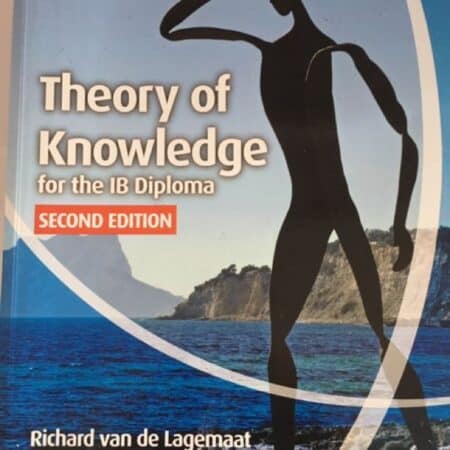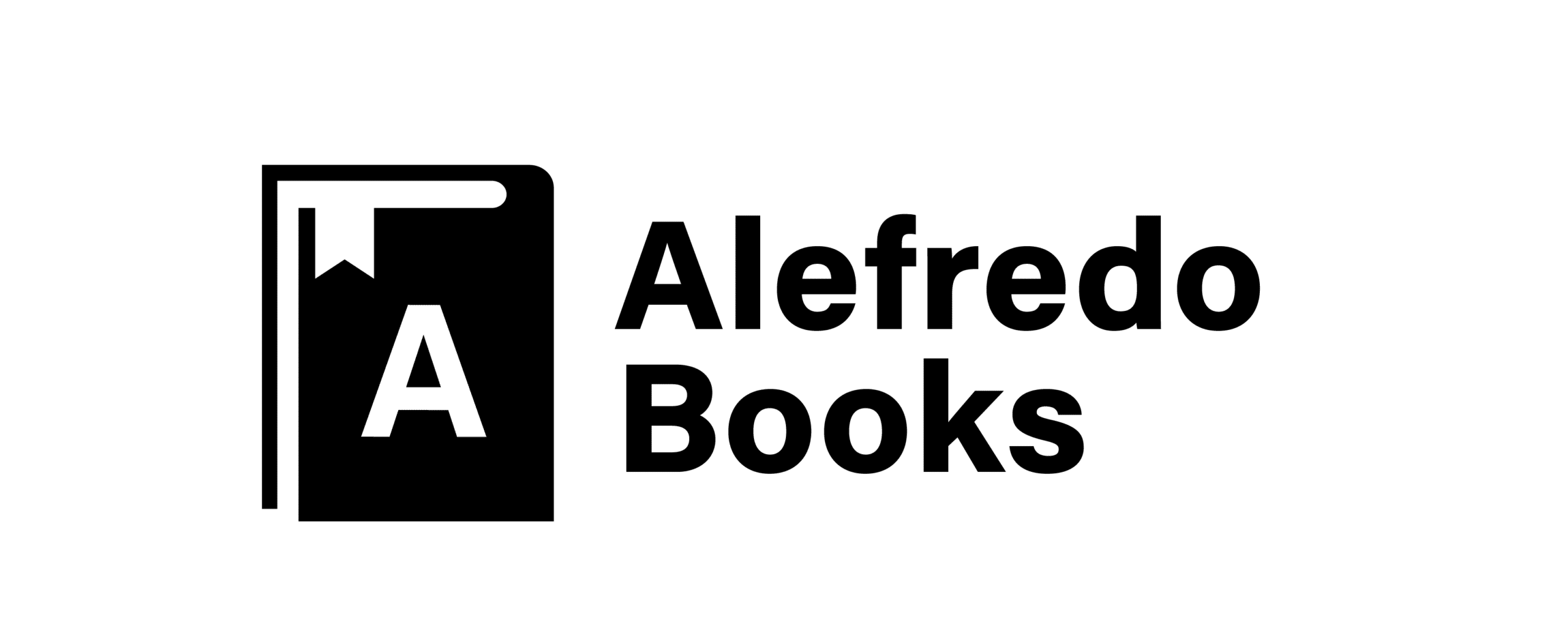
Theory of Knowledge for the IB Diploma
The new IB Diploma subject guide is more detailed than ever before, with comprehensive coverage of all the new subject areas. Written by leading practitioners, Theory of Knowledge for the IB Diploma is fully revised and updated for the first examination in September 2015. Students will find it indispensable, whether they’re taking the IB Diploma in English or French. If you’re preparing for the next examination, there’s no better book for the job.
The IB Theory of Knowledge is an important part of the IB Diploma Programme. It is designed to help students think more critically, and thus lead more purposeful lives. Students may engage in debating and theorizing on a variety of topics, including history, religion, politics, and economics. These activities may include debates, group activities, and presentations related to the Extended Essay. The theory of knowledge is an integral part of the IB diploma, and it’s essential to the overall course.

The Theory of Knowledge for the IB Diploma
Is a unique component of the IB curriculum. The primary assessment method in the subject is the essay. It’s a form of self-reflection, and requires students to consider different kinds of knowledge and the ways they come to understand the world around them. The TOK curriculum asks students to examine the nature of knowledge and how we acquire it. The document is almost entirely comprised of questions. The authors of the text call these questions “problems of knowing.”
The IB Diploma’s new syllabus will include Theory of Knowledge, which will be available for examination in 2022. Despite the new content, teachers will need to review their old units of study and reassess whether they’ve taught the necessary content. The syllabus for the program will also be revised to include the new Theory of Knowledge. This new course will be a valuable resource for all IB teachers.
A student’s TOK assessment consists of three parts:
The TOK essay and the Extended Essay. The essay is the primary assessment of TOK. The essay is a reflection of the student’s understanding of a concept. It can be an argument or a description. The thesis can be a narrative or a fact. There are no rules that state that a person can be wrong. The author of the document can prove their point, but that’s all.
The IB Theory of Knowledge divided into two parts: the essay and the external assessment. The essays will written during the first semester of the senior year, and will graded according to the International Baccalaureate’s rubric. The final of both semesters will be the essay assessment. Other forms of assessment will include group projects, debates, and other activities that will be related to the Extended Essay.
The Theory of Knowledge is an important part of the IB Diploma Programme
The purpose of this course is to encourage students to think critically, and to be more purposeful in their life. They will discuss various topics, such as the nature of knowledge, how it works, and why it is important. The TOK is a compulsory component of the IB diploma. This course mandatory for high school students, and it assessed in the first year of the student’s senior year.
The Theory of Knowledge for the IB Diploma is one of the core subjects
It helps students reflect on their knowledge and understand how they know it. The IBDP a rigorous examination, and it should passed with distinction. If you want to succeed in the IB, you’ll need to be able to think critically, and Theory of the IB Diploma is one of the best options for you.
The Theory of Knowledge for the IB Diploma is a compulsory component of the IB Diploma Programme. It a key component of the IB curriculum. It meant to help students develop critical thinking skills that will lead them to a more purposeful life. The course will challenge students to debate and theorize about various topics, such as the nature of our society and how we can improve our society.

Comments (0)